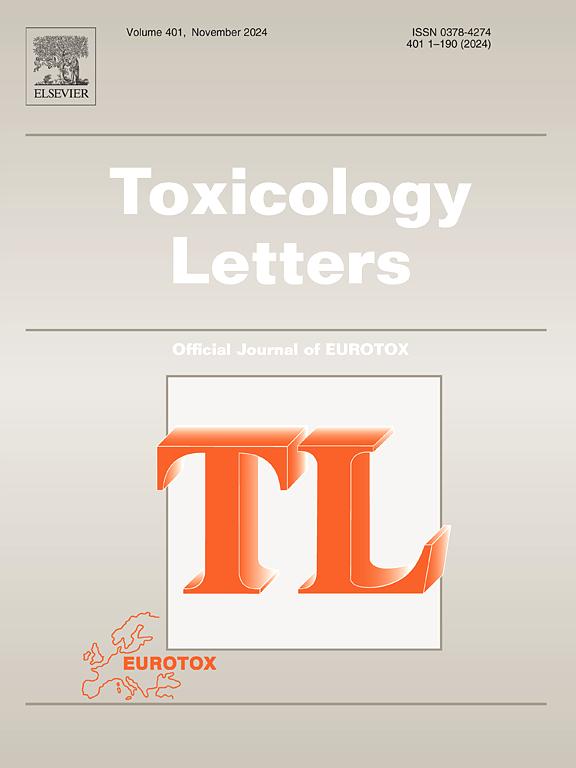微生物组在调节端粒酶活性中的作用:细胞衰老和健康的新前沿
IF 2.9
3区 医学
Q2 TOXICOLOGY
引用次数: 0
摘要
新出现的证据表明,肠道微生物群和端粒酶活性之间存在动态和双向的相互作用,对全身衰老和宿主健康具有重要意义。端粒酶,负责维持端粒长度的酶,在细胞衰老和再生能力中起着核心作用。最近的人类和动物研究表明,肠道微生物群可以通过多种途径调节端粒酶活性,包括氧化应激、线粒体健康和短链脂肪酸等微生物代谢物的产生。相反,肠上皮端粒功能障碍可能破坏粘膜完整性,引发炎症,促进生态失调,形成加速衰老的反馈循环。一项纵向人体研究表明,线粒体能量能力是一个受慢性压力影响的因素,也可能受到肠道微生物群的影响,它可以预测端粒酶的活性和端粒的长期维持。斑马鱼和小鼠的互补实验模型表明,肠道特异性端粒酶激活可以恢复微生物多样性,减少全身炎症,延长寿命。总之,这些发现支持了一个新的概念,即端粒酶的调节不仅仅是内在的,而且可能是由肠道微生物环境塑造的。本报告将探讨如何靶向微生物-端粒酶轴可能提供新的策略,以减缓衰老过程和改善健康。本文章由计算机程序翻译,如有差异,请以英文原文为准。
S01-02 The Role of the Microbiome in Regulating Telomerase Activity: A New Frontier in Cellular Aging and Health
Emerging evidence suggests a dynamic and bidirectional interplay between the gut microbiome and telomerase activity, with significant implications for systemic aging and host health. Telomerase, the enzyme responsible for maintaining telomere length, plays a central role in cellular senescence and regenerative capacity. Recent human and animal studies indicate that gut microbiota can modulate telomerase activity via multiple pathways, including oxidative stress, mitochondrial health, and the production of microbial metabolites such as shortchain fatty acids. Conversely, telomere dysfunction in the gut epithelium may disrupt mucosal integrity, trigger inflammation, and promote dysbiosis, creating a feedback loop that accelerates aging. A longitudinal human study has shown that mitochondrial energetic capacity, a factor influenced by chronic stress and potentially by the gut microbiota, predicts telomerase activity and telomere maintenance over time. Complementary experimental models in zebrafish and mice have demonstrated that gut-specific telomerase activation can restore microbial diversity, reduce systemic inflammation, and extend lifespan. Together, these findings support the novel concept that telomerase regulation is not solely intrinsic, but may be shaped by the gut microbial environment. This presentation will explore how targeting the microbiota–telomerase axis may offer new strategies to slow aging processes and improve healthspan.
求助全文
通过发布文献求助,成功后即可免费获取论文全文。
去求助
来源期刊

Toxicology letters
医学-毒理学
CiteScore
7.10
自引率
2.90%
发文量
897
审稿时长
33 days
期刊介绍:
An international journal for the rapid publication of novel reports on a range of aspects of toxicology, especially mechanisms of toxicity.
 求助内容:
求助内容: 应助结果提醒方式:
应助结果提醒方式:


